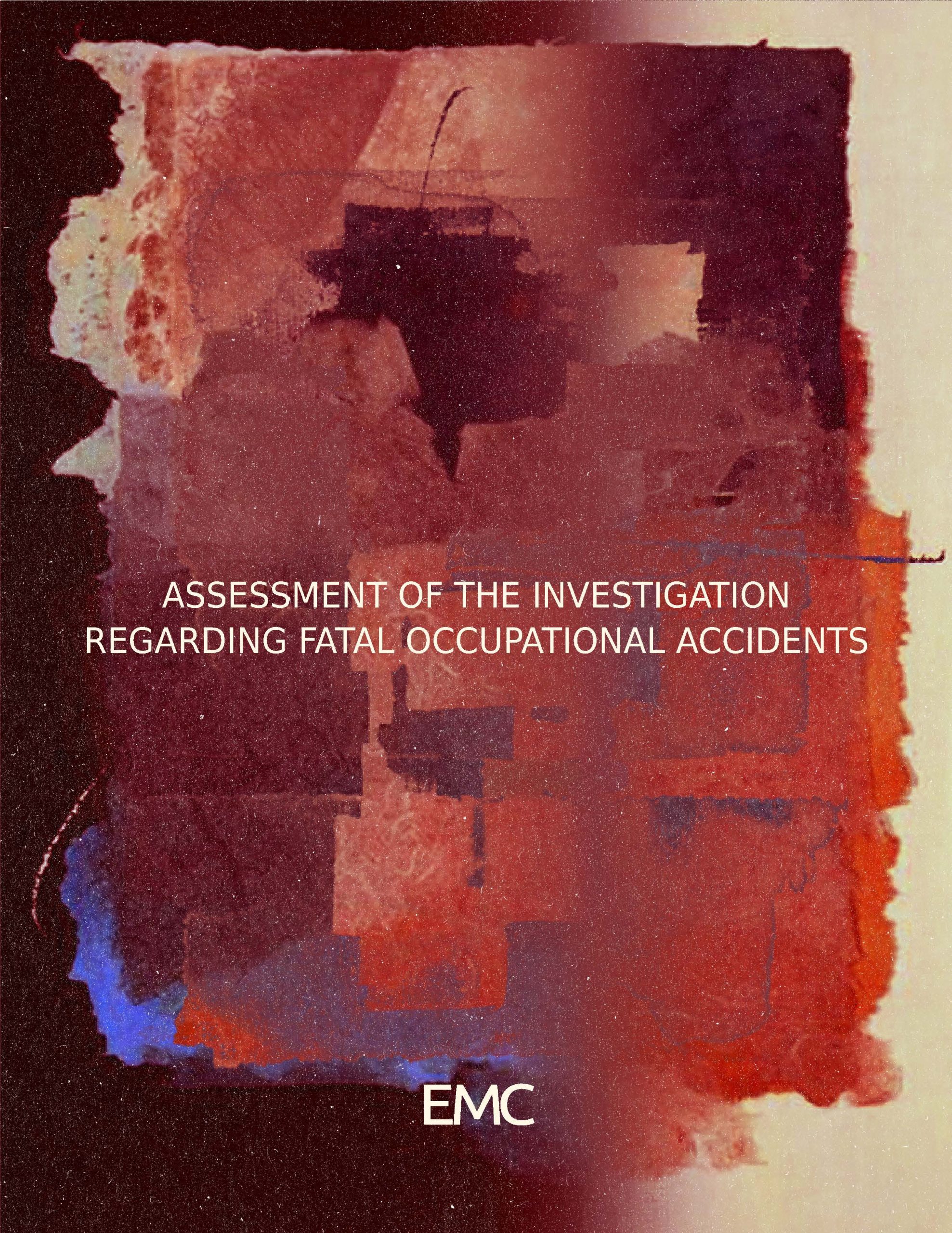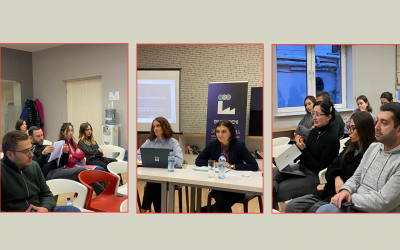The present document examines the investigation of the deaths of employees at the workplace due to violations of occupational safety rules.
From 2018 until now Human Rights Education and Monitoring Center (EMC) defends the interests of the families of five workers who died at the workplace, within the investigation and prosecution of four cases on violation of occupational safety rules. Accordingly, this document is based solely on the analysis of investigative and procedural actions in specific criminal cases within EMC practice and does not seek to generalize the problems identified in this document to other similar cases.
The four criminal cases within EMC practice are investigated under Articles 240 of the Criminal Code of Georgia (violation of safety rules during mining, construction, or other work) and Articles 170 (violation of labor protection rules).
According to the statistical information provided by the state agencies, it is assumed that the rate of initiation of criminal prosecution by the Prosecutor’s Office for these crimes is lower than the rate of investigation[1]. According to the statistics provided by the Ministry of Interior Affairs of Georgia, in 2019, 244 cases of the criminal act were investigated under Article 240 of the Criminal Code, and in January-September 2020 – 185 cases. As for the crime under Article 170 of the Criminal Code, an investigation was launched into 25 cases in 2019, and in the period January-September 2020 – 23 cases.[2] According to the information provided by the General Prosecutor’s Office of Georgia, in 2019, the prosecution was initiated on 36 cases under Article 240 of the Criminal Code, and in January-September 2020 – on 20 cases. In 2019, criminal prosecution was initiated in 1 case for the crime under Article 170 of the Criminal Code, and in January-September 2020 – in 4 cases.
Despite the investigation and prosecution of violations of occupation safety rules, the investigation and prosecution of such cases reveal certain legal shortcomings, the identification of which is important for the achievement of an adequate legal outcome and the prevention of similar crime. It should be noted that the Ministry of Interior Affairs of Georgia has not developed a methodology for investigating cases of violation of occupational safety rules; Due to the lack of methodology, certain investigative/procedural actions are carried out inconsistently and incompletely; The expert studies appointed during the investigation process are mostly delayed; In most cases, no criminal liability of the senior management of the employer organization is identified and the legal liability of the legal entity does not arise in accordance with the legislation. It should also be taken into account that even if criminal liability against specific persons is identified, in most cases, a plea agreement is concluded and no real punishment (imprisonment) is applied.[3]
In this paper, we will evaluate these gaps and the legal problems that have arisen in specific criminal cases.
Available in Georgian and English.
This publication was prepared individually by a member organization of the Fair Labor Platform and does not necessarily reflect the position of the Fair Labor Platform and/or its other members.
[1] The initiation of criminal prosecution on a criminal act is essentially related to the indictment of a specific person/persons and the referral of the case to court.
[2] Letter of the Ministry of Interior Affairs of Georgia of October 17, 2019, letter of November 12, 2020, letter of the General Prosecutor’s Office of Georgia of October 29, 2019, letter of November 4, 2020
[3] Report of the Public Defender of Georgia on the Situation of Human Rights and Freedoms in Georgia 2018, p. 188.



